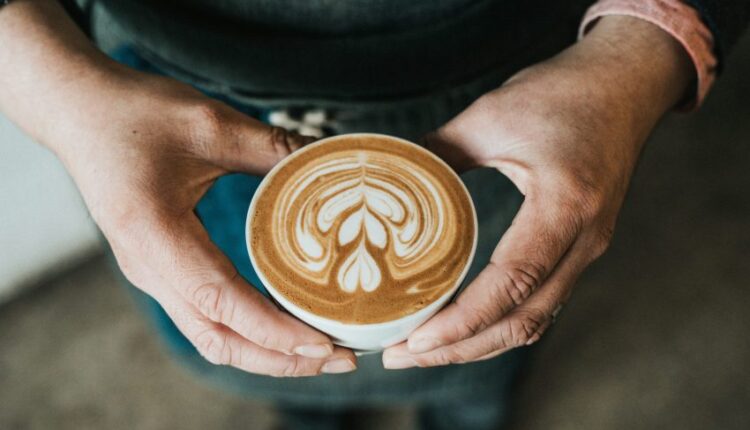Coffee Prices Soar on Poor Harvests and New Consumers
German coffee has been a popular beverage for almost four centuries, with its popularity spreading across all social classes in the 19th century. The beverage became deeply ingrained in German culture, leading to various coffee traditions and rituals, such as Kaffee und Kuchen. After World War II, the coveted beans were even the preferred contraband of smugglers from the neighboring Netherlands because the German coffee trade had largely collapsed with the end of Hitler’s Third Reich. It was not until the start of the so-called post-war economic miracle in the 1950s that the Germans could quench their thirst for coffee again.
Now, more than 70 years after the war-induced coffee scarcity in Germany, retail coffee prices in Europe’s biggest economy are significantly rising. Tchibo, Germany’s leading coffee retailer, announced it would have to “adjust” its prices for roasted coffee in early May. Many costs have continued to rise, including those for raw coffee. In order to continue to offer customers the usual quality, Tchibo said in a press release.
Fairly traded coffee is no exception to the global trend of rising prices. GEPA, Europe’s largest importer of fair-trade food from the Global South, reported a decline in sales earlier this year due to “customer restraint.” Fairtrade International, an umbrella organization representing farmers and cooperatives in producing countries, told DW that unfavorable weather conditions, especially in Southeast Asia and South America, currently upset the “delicate balance between supply and demand” and are driving prices higher.
Carsten Fritsch, a commodities analyst with Germany’s Commerzbank, says emerging geopolitical conflicts and existing wars are currently overshadowing markets worldwide. The specialist for so-called soft commodities like food and beverages has analyzed coffee markets recently. He added that the surge in the price of robusta coffee will also increase the price of arabica beans, boosting earnings of growers in Brazil, which produces 80% of the world’s arabica coffee.
The Brazilian coffee authority is expecting a bumper harvest for the 2024/25 season, with 5.5% higher yields compared with the previous year and a total output of about 58.1 million 60-kilogram (132-pound) bags — 40.75 million bags of arabica coffee and 17.33 million bags of robusta. Steffen Schwarz, owner of a German roasting company, believes that coffee prices will continue rising on the global markets due to lower yields, a labor shortage, and rising consumption in the growing countries themselves. More and more Asians, especially in China and South Korea, are developing a liking for coffee, causing global demand and prices to continue rising.
Read More @ DW
Source: Coffee Talk



